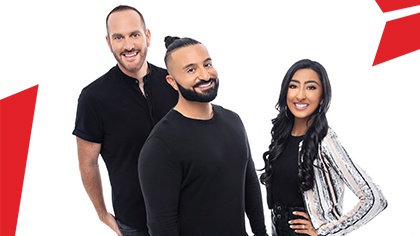
Age discrimination is pervasive in the US, despite laws that prohibit it. And the older you are, the more discrimination you face, according to the authors of a National Bureau of Economic Research study out Monday. Older women have it particularly tough. Baby boomers started turning 65 in 2011, and each day about 10,000 more hit that age that has historically been associated with retirement. These days, though, many are opting to search for jobs to bolster their incomes, which can be a long slog. One reason is something that is not often discussed because it's illegal: discrimination. Three economists—David Neumark and Ian Burn of the University of California at Irvine and Patrick Button of Tulane University—designed a field experiment to try to document how widespread discrimination is, particularly among workers nearing retirement age. Using more than 40,000 job applications, they responded to job ads with similar fictional resumes for workers purported to be ages 29-31, 49-51 and 64-66. The study looked at a dozen cities, including New York, Chicago, Los Angeles and Boston. Whether the jobs were for administrative, sales, security positions or janitors, the rates of callbacks—either by telephone or by email—were much higher for the younger workers than the older ones. Discrimination, rather than lack of skills, may help to explain why older workers have longer periods of unemployment duration. Long periods of unemployment—six months or longer—have been one of the lasting problems in the wake of the 2007-2009 recession, the biggest downturn since the 1930s. What's more, the bias worsens when gender is considered. (By Steve Matthews/Bloomberg) "We find robust evidence of age discrimination in hiring against older women," the economists wrote, citing data on callbacks for sales jobs. "There is evidence of stronger age discrimination for women than for men in sales." The latest study is reminiscent of a 2002 study by University of Chicago economist Marianne Bertrand and Harvard economics professor Sendhil Mullainathan. They found hiring managers were much more likely to call back applicants with white-sounding names, such as Greg and Emily, rather than black- sounding names, such as Lakisha and Jamal. Their findings were “disturbing” and hard to dispute because they submitted almost 5,000 applications over a year, Alan Krueger, former chairman of President Barack Obama’s Council of Economic Advisers, wrote in a New York Times commentary.



 Bharat Mart marks new era in UAE-India trade ties
Bharat Mart marks new era in UAE-India trade ties
 UK economy beats forecasts in Feb but US tariffs threaten growth
UK economy beats forecasts in Feb but US tariffs threaten growth
 UAE and Ireland to establish Joint Economic Commission
UAE and Ireland to establish Joint Economic Commission
 Dubai to host new IIM campus and UAE-India Friendship Hospital
Dubai to host new IIM campus and UAE-India Friendship Hospital




